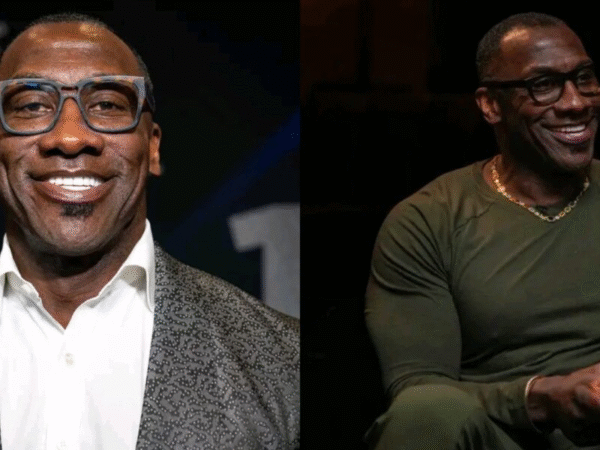Man United Bidding Process Enters Third Round
Rival bidders for Manchester United have been invited to submit a third offer by the end of April, according to reports.
Qatari banker Sheikh Jassim Bin Hamad Bin Jassim Bin Jaber Al Thani and British billionaire Jim Ratcliffe both submitted a second bid for the Premier League club last month.
Several offers are understood to have been received in recent weeks but Sheikh Jassim and Ratcliffe remain the front runners to buy United should the Glazers give up control of the club they bought in 2005 for £790 million ($980 million).
United’s unpopular owners announced in November they were conducting a strategic review, with the sale of the club one option being considered.
The Qatari group has reportedly made an offer of about £5 billion for 100 percent ownership of the club while Ratcliffe, a boyhood United fan, wants to buy the combined Glazer shareholding of 69 percent.
The Americans’ asking price is believed to be around $6 billion — a figure that would make the 20-time English champions the most expensive sports club in history.
Finnish entrepreneur Thomas Zilliacus last month entered the race and US hedge fund Elliott Investment Management is understood to have made a bid for a minority stake.
However, Zilliacus on Wednesday said he was pulling out of a process he described as a “farce”.
“Jim Ratcliffe, Sheikh Jassim and myself all were ready to negotiate a deal to buy United. Instead Glazers chose to start a new round,” he wrote on Twitter.
“I will not participate in a farce set up to maximize the profit for the sellers at the expense of Manchester United.”
“The bidding is turning into a farce, with Glazers giving no respect to the club,” he added.
“The delays will make it very difficult for any new owner to build a winning team for next season.”
The Glazers have angered many United supporters by saddling the club with huge debts over the past 18 years.
They appeared ready to cash out at an enormous profit when they invited external investment in November but they could yet shun the option of selling a controlling stake.





